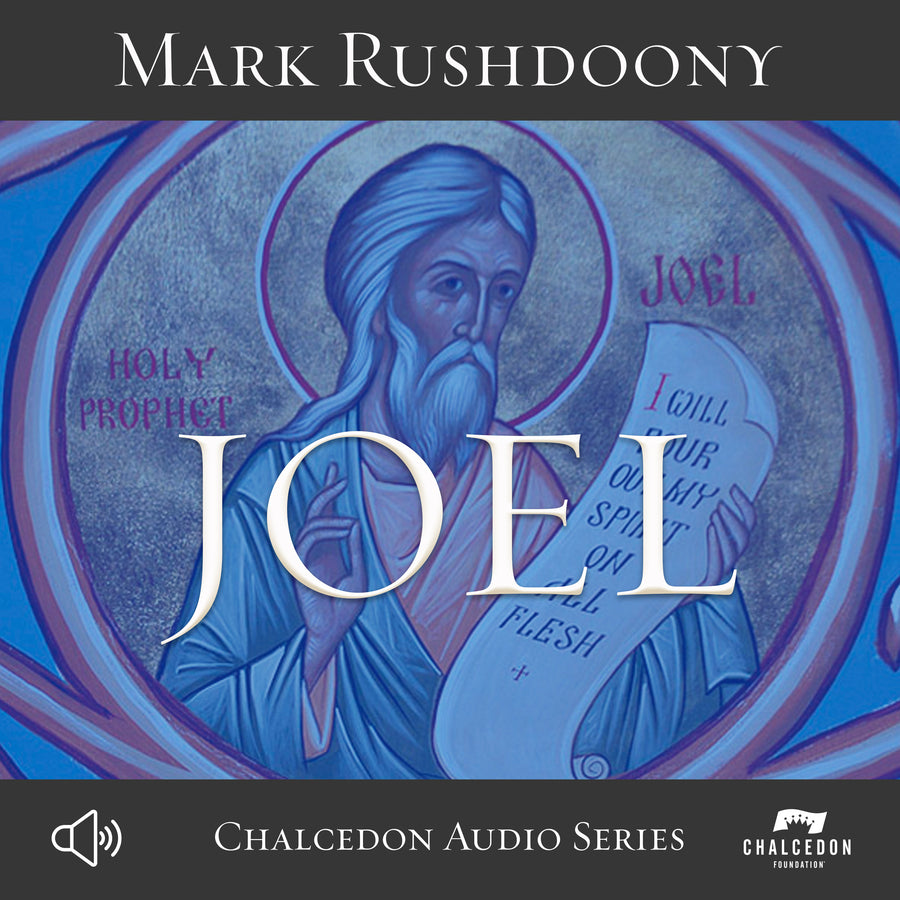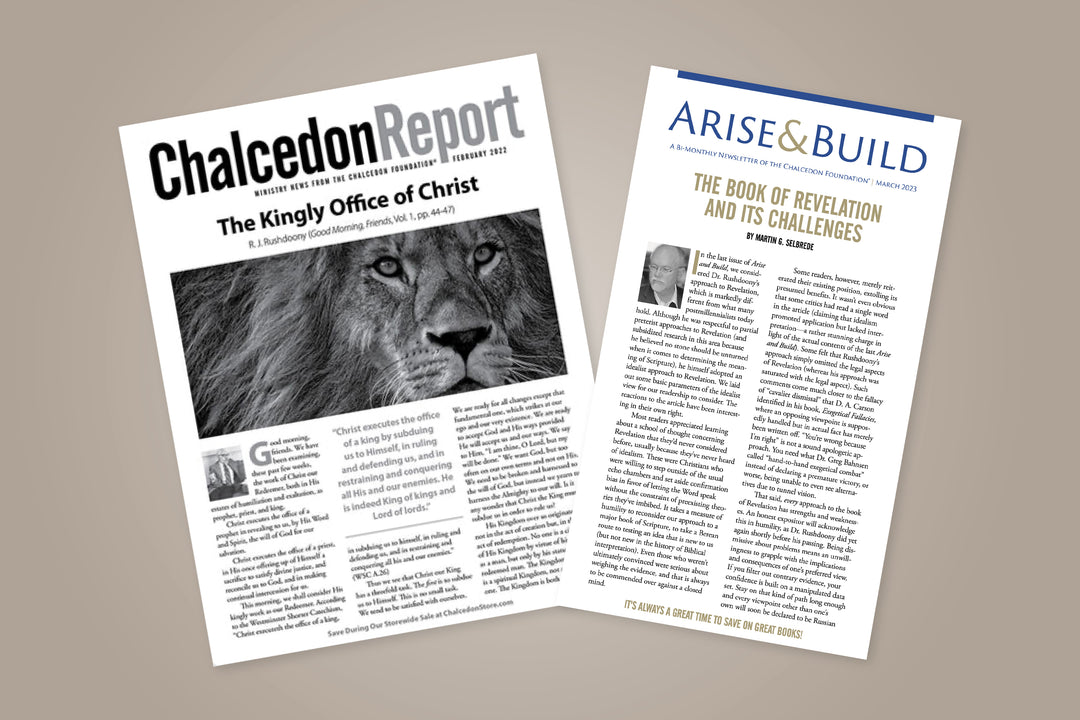Joel was a prophet to Judah. The date of the writing is uncertain, as it was not tied to any reign or historical event. The name Joel means “Jehovah is God,” and this is the theme of the book: God is in charge. If evil seems to be ascendant, be patient. God will not do more than expose sin; He will establish righteousness.
Several scenes of tragedy are presented. These likely reflected real crises in Judah at the time, but were used as analogies to a deeper spiritual problem. A locust invasion illustrated the terrible consequences of judgment by God. A betrothed woman mourning represented the pitiful state of the Old Testament bride of Christ. A serious drought represented the joy of life withering away because the “day of the Lord” was at hand. These and the destruction of fire were a warning from God meant to be restorative, but the real restoration was not the return of rain of good harvests, but when Judah once again truly worshiped God.
But Joel offers more than a description and reason for judgment. He looks forward to the coming of the Holy Spirit in regenerating power Pentecost. Peter specifically noted Joel as a prophet of that event (Acts 2:16). The Pentecost blessing then expanded to Gentiles (Acts 10), and women (Acts 21:9; I Corinthians 11:5), so that Jew and Gentile, male and female alike, received the empowering of God to be part of His new creation. Hebrews 12:26-27 tells us this transformation continues through a great shaking of history, so that those things which cannot be shaken will alone stand. This process is a certainty because Jehovah is God. Then, in these last days God will “bring again the captivity of Judah and Jerusalem.”
All this is as hard for us to believe as I was for the people of Judah in the midst of drought and locust, so Joel reminds them of the lesson of the Valley of Jehoshaphat (II Chronicles 20), where God’s people went out to do battle against their enemies. God, however, miraculously caused their enemies to self-destruct, after telling his people to “Stand still and see the salvation of the Lord.” Depredations on God’s people are attacks on those He calls His family, so God tells us all to bring the heathen to the Valley of Jehoshaphat, and to “Stand still and see the salvation of the Lord.”








